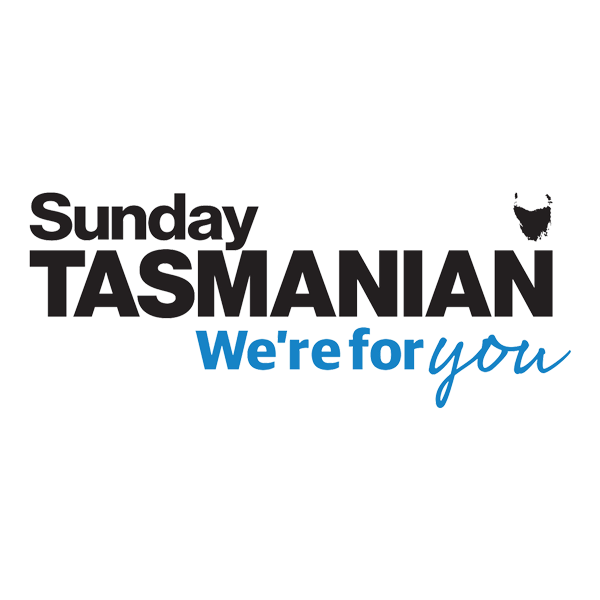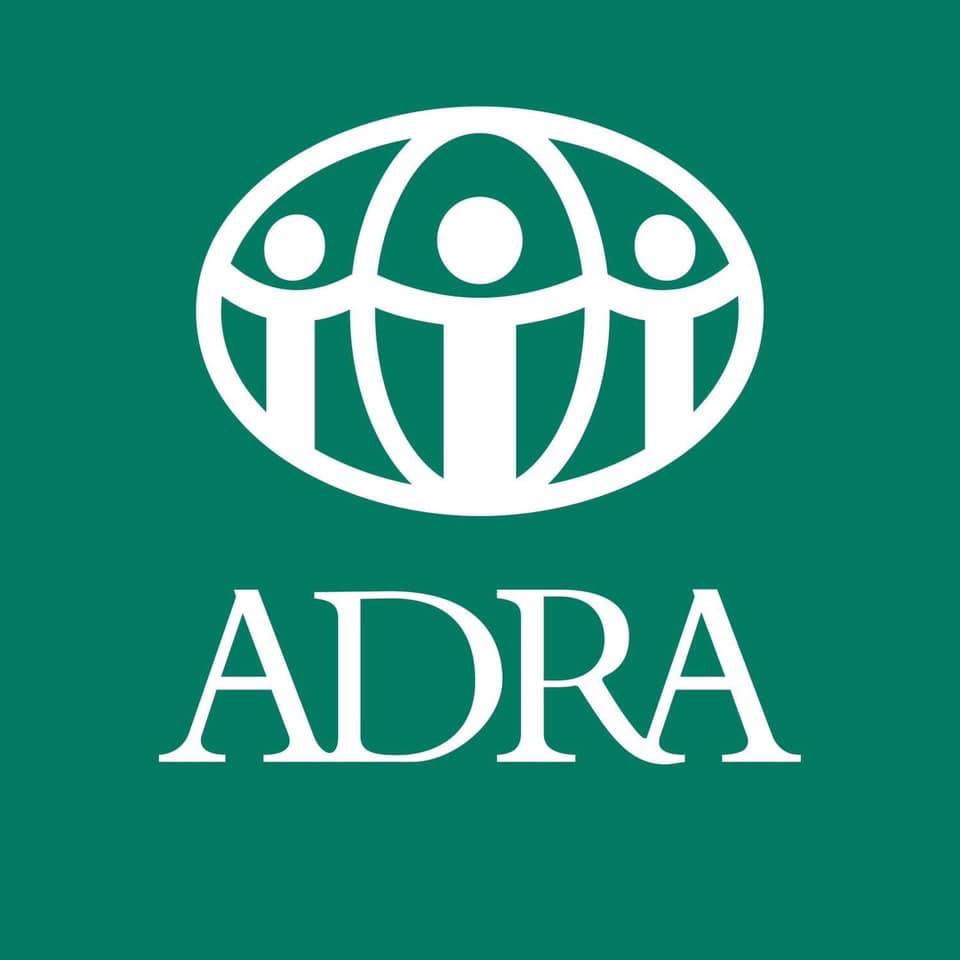What is the RSPCA’s view on dominance dog training?
In recent years there has been resurgence in popularity of dog training methods that espouse “dominance” models of dog behaviour.
Dominance models suggest that wolves live in hierarchical packs with the alpha wolf at the top and that dogs evolved from wolves and also live in hierarchical packs and see us (humans) as part of their pack.
Dominance theory assumes that most unwanted behaviour such as aggression is due to the dog trying to be ‘dominant’ or wanting to be the alpha dog in the pack. Therefore, dominance theory suggests, that the way to solve many behavioural problems such as aggression is to establish dominance as pack leader over the dog.
However, many of these assumptions are erroneous and are often harmful to dogs and the human-animal bond. A lot of initial research about wolf behaviour was conducted by studying captive wolves. This is because wild wolves tend to avoid humans and were difficult to study. It was these studies that generated the idea of ‘packs’ with the alpha male and female breeding pair at the top of the hierarchical structure.
However, in this false environment wolves could not disperse and escape from confrontation with other wolves, so relationships developed that are not necessarily reflected in more natural wolf groups.
More recent studies of natural wolf groups show that they tend to live in families. The group usually consists of Mum and Dad, the current litter, and possible juveniles from one or two previous litters. Dominance contests in such packs are rare and the breeding pair is able to maintain group harmony without aggression.
Most scientists accept that dogs evolved from wolves, or they had a common ancestor. However, dogs are not wolves. They are different anatomically, physiologically, and socially. The biggest difference between wolves and dogs is their ecological niche. Wolves, as a rule avoid humans whereas dogs have evolved to live near humans.
It is now widely recognised by animal behavioural specialists that dogs that use aggression towards humans or other dogs are not trying to be ‘dominant’. Rather, the aggression is usually the result of social confusion, frustration, fear, anxiety or learning. Dogs may use aggression as a means to control situations in which they feel frustrated, fearful or anxious. Some dogs are unable to navigate certain social and interactive demands placed upon them without showing aggression or reactivity. With repeated exposure to such situations dogs can learn that aggression ‘works’ and are more likely to use aggression to control similar situations in the future. If your dog is showing aggression, we suggest that you seek help from a veterinary behavioural specialist.
The ‘dominance’ model for dog behaviour poses serious dog welfare problems. Dominance models may use aversive training techniques such as “alpha rolls”, staring the dog down or other confrontational methods and punishment which can cause fear, pain and distress to dogs. In addition, these methods generally do not address the underlying cause of the unwanted behaviour which is why they are often unsuccessful. In fact, dominance training methods are not scientifically proven to be effective.
Aversive methods may also increase the dog’s underlying fear and anxiety which can actually make the unwanted behaviour much worse. Aversive methods can also reduce the quality of the relationship between the owner and the dog, and they can place the owner at serious risk of physical injury.
When trying to change behaviour, try to think about the behaviours you would like your dog to perform and reward only for the responses that lead to those outcomes. This might include sitting rather than jumping on guests or chewing on a toy rather than your favourite pair of shoes. This approach revolves around positive reinforcement- i.e. rewarding behaviour that we like. Rewards can be food, toys or verbal praise. Basically, anything your dog will ‘work’ for.
Credit: RSPCA Knowledge Base
Conversely, we also need to ensure that rewards for unwanted behaviour are removed. So, keep those shoes out of reach and try wherever possible to avoid any situations or triggers for unwanted behaviours.
The RSPCA’s position is that dogs should be trained using programs that are designed to facilitate the development and maintenance of acceptable behaviours using natural instincts and positive reinforcement.
Aversion therapy and physical punishment procedures must not be used in training programs because of the potential for cruelty. Please see AVA Reward-based training for more information.



























